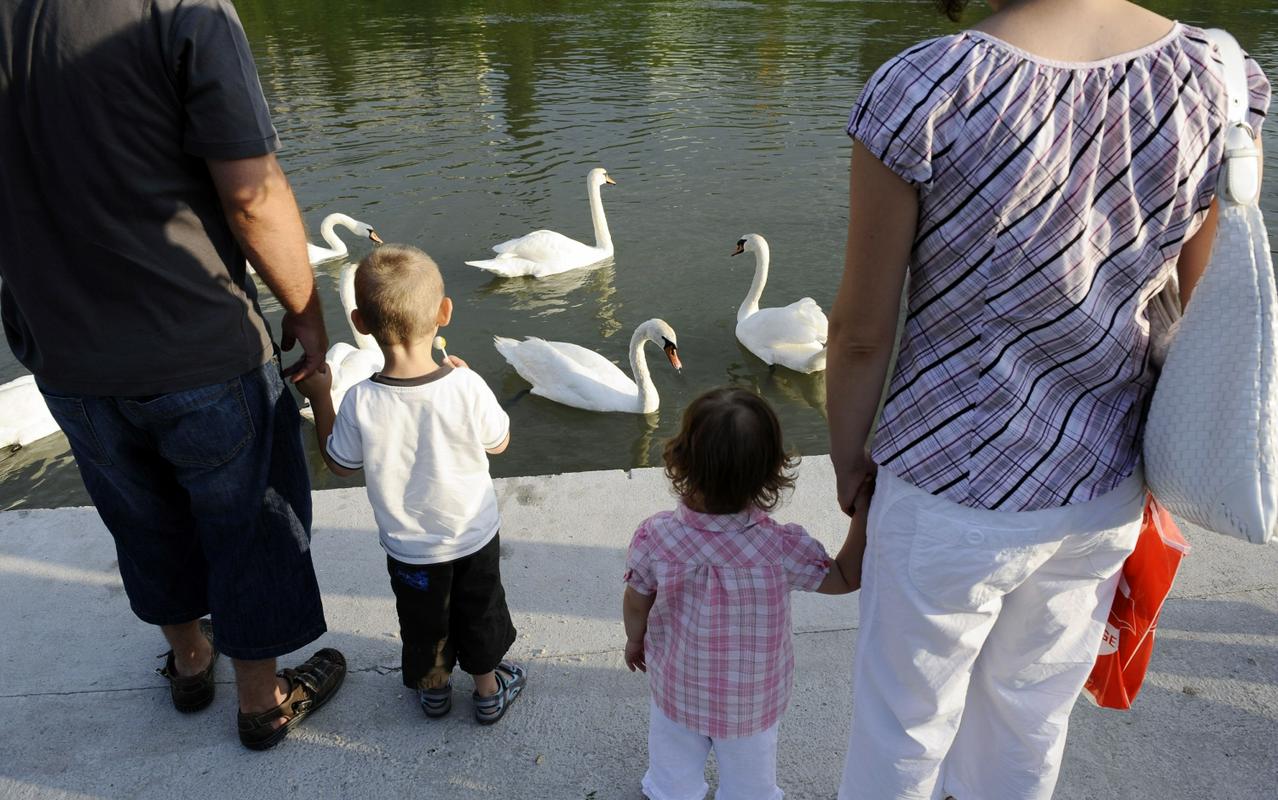
Family life has changed quite dramatically in the last few decades. Work hours are much more scattered than previous generations of workers had, the commute to work is longer or more complicated due to dense traffic. Although the Slovenian system of preschool care and education is efficient and accessible to everyone, the maximum stay of children in the kindergarten is limited to nine hours.
A young mum named Katja describes her family’s struggles: her work is on the other side of Ljubljana, while her two children were accepted into a kindergarten near their home. Her husband works in another city, and the grandparents still work, too, or do not live nearby. Since it would be impossible to pick up the children from the kindergarten in the prescribed time of nine hours, Katja had not choice but to arrange for a shorter workday.
State budget covers social security taxes based on minimum wage
Slovenia has implemented several measures for easier balancing between personal and professional sphere, including the possibility for one of the parents to work shorter hours (4, 5, 6 or 7 hours instead of 8). The worker received a proportionally lower salary but the state budget covers the missing part of social security taxes. However, there is a key difference: the state does not take the parent’s actual salary as the tax base for social security contributions but the minimum wage, which may have negative future consequences in the future, i.e. a lower pension. According to the Labour Ministry, 14,485 parents claimed their right to a shorter workday in 2016, and for most claimants the budget is paying taxes at a lower tax base from their actual one.
Disadvantaged economic position for women
“Those who use this measure are economically in a disadvantaged position. A shorter workday results in a lower salary, fewer opportunities for promotion and, last but not least, a lower pension. Moreover, the right to a shorter workday due to parenting is typically claimed by women, which has a negative impact on their position of the labour market and, as a result, their economic independence,” warns Živa Humer, who has a PhD in social sciences and works as a researcher at Mirovni inštitut (Institute for Peace).
Namely, the act defines a shortened workday as the right that can be claimed by one parent who looks after one child until she or he turns three, or a parent who takes care of a child with a physical or mental disability (up to the age of 18), or a parent who has at least two children, until the youngest is of preschool age or has not yet finished the first grade of primary school.

































































